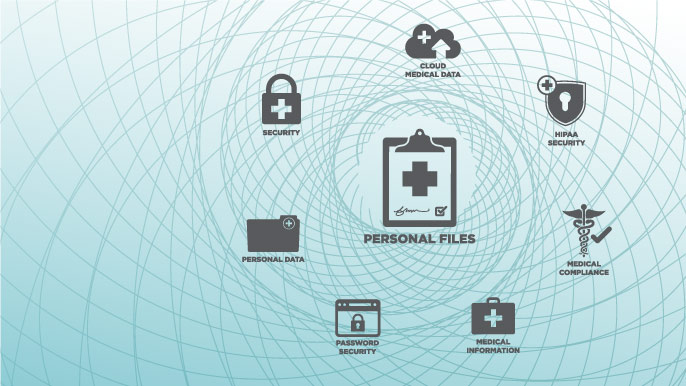Is It Time to Outsource Medical Record Retrieval Services?
February 5, 2025
Record Retrieval
When is the right time to outsource your records retrieval services?
Outsourcing used to be a stopgap. Today, it’s a strategic business decision. Especially for firms handling personal injury, insurance defense, or medical malpractice, outsourcing medical record retrieval services is proving faster, cheaper, and more compliant.
Here’s why more law firms are rethinking how they handle records—and what your team stands to gain.
Reduce Costs by Outsourcing Medical Record Retrieval Services
Medical record retrieval might not show up on your balance sheet, but that doesn’t mean it’s free. In-house staff spend hours tracking down providers, managing follow-ups, and handling paperwork. That time adds up—fast.
- A paralegal earning $70,000 and spending 50% of their time on record retrieval creates $35,000 in non-recoverable costs.
How Medical Records Retrieval Outsourcing Improves Cash Flow
Provider fees are often non-negotiable, especially when dealing with insurance companies or hospital systems. But how you manage those payments matters.Most law firms cut checks manually. That means tracking payments, following up on receipts, and dealing with trust account reconciliation. When a medical records request gets delayed because a check hasn’t cleared, the case slows down.
Outsourcing to medical records retrieval companies removes those friction points. At Lexitas, we pay custodian fees upfront. You don’t need to advance costs or manage payment timelines. This improves cash flow and reduces the burden on internal accounting.
No more back-and-forth phone calls to confirm payment. No more missed deadlines caused by internal process gaps.
Use Medical Record Retrieval Outsourcing to Free Up Staff Time
Your legal team isn’t just managing documents. They’re managing people, deadlines, and outcomes. But when hours are spent chasing down patient medical records, other priorities slip.That’s where the benefits of outsourcing medical records become clear.
- Staff availability can increase by 25 to 40 percent when record retrieval is outsourced.
- Burnout is rising. More than half of legal professionals report chronic overwork and stress.
Managing patient medical records becomes a back-end process, handled efficiently and securely by a trusted partner.
Reduce HIPAA Risk with Medical Records Retrieval Outsourcing
HIPAA compliance isn’t optional. Every firm handling patient data must follow strict security and privacy protocols.However, maintaining that infrastructure in-house requires constant effort, including training, audits, system protections, and documentation. When internal processes break down, firms face serious liability.
Common HIPAA risks in legal environments:
- Improper access controls.
- Incomplete or missing business associate agreements.
- Delays in responding to record requests.
- Insecure storage or transmission of data.
Outsourcing gives you a compliance framework without building it from scratch. Vendors offer:
- Encrypted portals for patient data.
- Defined quality control procedures.
- Secure retrieval and delivery pipelines.
At Lexitas, we understand HIPAA compliance for law firms, including the required standards and audit readiness requirements, so your team doesn't have to manage that risk alone.
The Case for Medical Records Retrieval Outsourcing
Law firms are adapting. The legal professionals leading that shift aren’t just trying to stay ahead of deadlines. They’re redesigning how operations work—from case intake to discovery.
Outsourcing medical record retrieval is part of that transformation.
- It reduces costs and improves cash flow.
- It frees up internal staff for billable work.
- It shortens case timelines and improves accuracy.
- It protects client data and reduces compliance risk.
You don’t need to keep treating record retrieval like a necessary burden. Start treating it like a business function. The benefits are real and measurable.
Related Resources

Case Studies
Record Retrieval
Custom Medical Record Retrieval Solution Saves Firm $250,000
Lexitas designed a custom solution to speed medical record retrieval and data entry, saving the firm over $250,000.
Read More
Articles
Record Retrieval
HIPAA-Compliant Safeguards for Your Record Retrieval Partners
HIPAA-compliance is a complex detail that law firms cannot afford to overlook, especially when working with third parties who handle medical records.
Read More
Case Studies
Record Retrieval
Lexitas Designs A Groundbreaking Collaborative Record Retrieval Solution For One Of The World’s Largest MDLs
In Re: Zantac (Ranitidine) Products Liability litigation consists of 156,000 plaintiffs and tens of thousands of medical records.
Read More